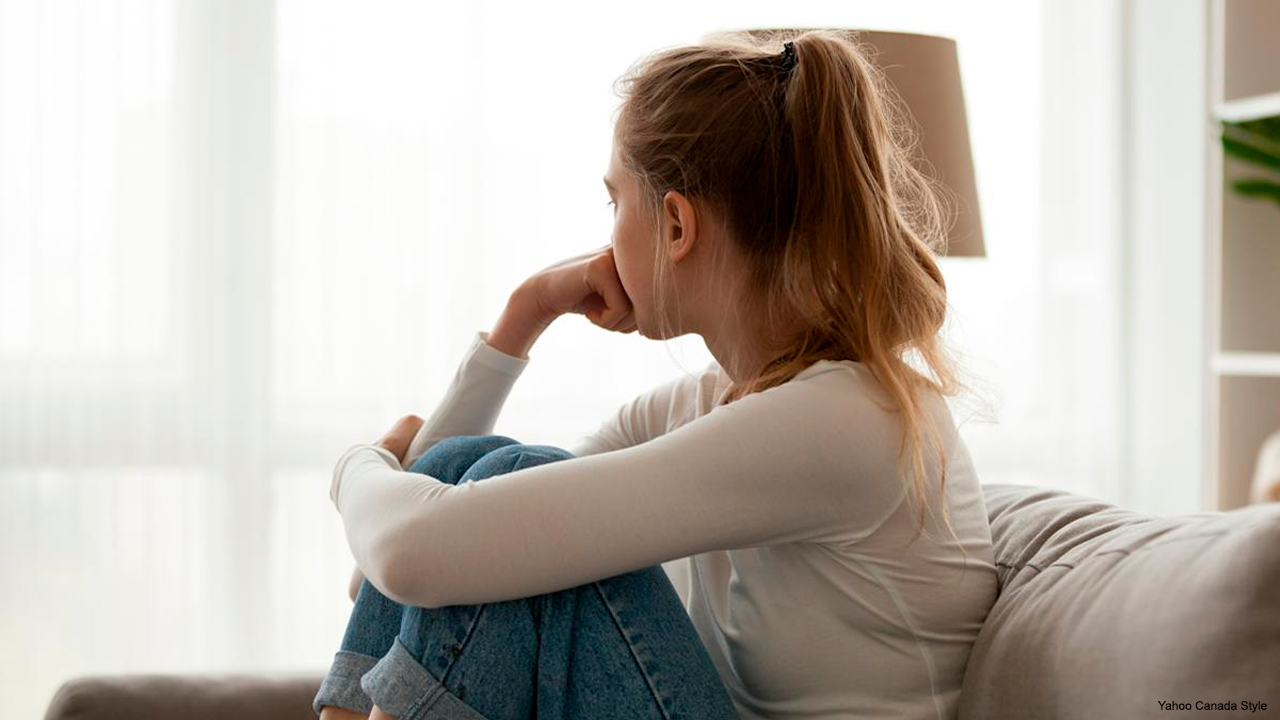For the elderly, social isolation and loneliness are significant yet neglected social factors. Humans are social animals. We can only live and grow because of the connections we have with others.
However, as we become older, many of us spend more time alone than we did when we were younger, making us more sensitive to social isolation, loneliness, and the related health issues of cognitive decline, depression, and heart disease. Fortunately, there are ways to avoid these adverse effects.
Impact of social isolation on health
Increased risks of physical and mental conditions like high blood pressure, heart disease, obesity, a weaker immune system, anxiety, depression, cognitive decline, Alzheimer's disease, and even mortality are caused mainly by Social isolation and Loneliness
People who become suddenly alone due to the loss of a spouse or partner, being separated from friends or family, retiring, lacking mobility, or not having access to transportation are most at risk.
Symptoms
The following signs of chronic loneliness include Lower levels of energy, lacking concentration, Insomnia, reduced appetite, body pains, and anxiety attacks.
According to the National Center for Biotechnology Information, “In India, 2-3% of elderly men live alone while another 3% live with other relations and non-relations and among elderly females, 7-8% live alone and another 6-7% reported to live with other relations or non-relation. This number is increasing day by day.”
Causes
Loneliness or isolation could be a sign of a mental illness like depression. People with depression frequently retreat socially, which might result in isolation.
Internal causes, such as low self-esteem, might also be linked to loneliness. Individuals who lack self-confidence usually think they are unworthy of other people's attention or respect, which can result in isolation and long-term loneliness.
Treatment
Despite the fact that loneliness may not be a diagnosed mental disorder, you can still get support for dealing with the emotion. You can learn how to change by speaking with a therapist. Getting assistance for your mental or physical health problems can help by enhancing your ability to reach out to others if you are experiencing isolation or increased feelings of loneliness. Therapy may help you identify potential causes of your loneliness if you don't completely understand it.
Other methods of prevention can involve exercising regularly, making yourself at ease with alone time, enjoying the outdoors, etc. If you're unsure of what's going on, it might be challenging to deal with loneliness. Hence, a specialist can assist you in examining any circumstances in your life that could be causing these emotions.

 Our mental and physical health, as well as our well-being, depend on having strong social bonds. According to the National Center for Biotechnology Information, “Isolation and loneliness have become buzz words when discussing older adults during the coronavirus disease pandemic; yet, these are age-old problems.â€
Our mental and physical health, as well as our well-being, depend on having strong social bonds. According to the National Center for Biotechnology Information, “Isolation and loneliness have become buzz words when discussing older adults during the coronavirus disease pandemic; yet, these are age-old problems.â€








.jpeg)











.jpeg)



.jpg)


.jpg)




.jpg)


